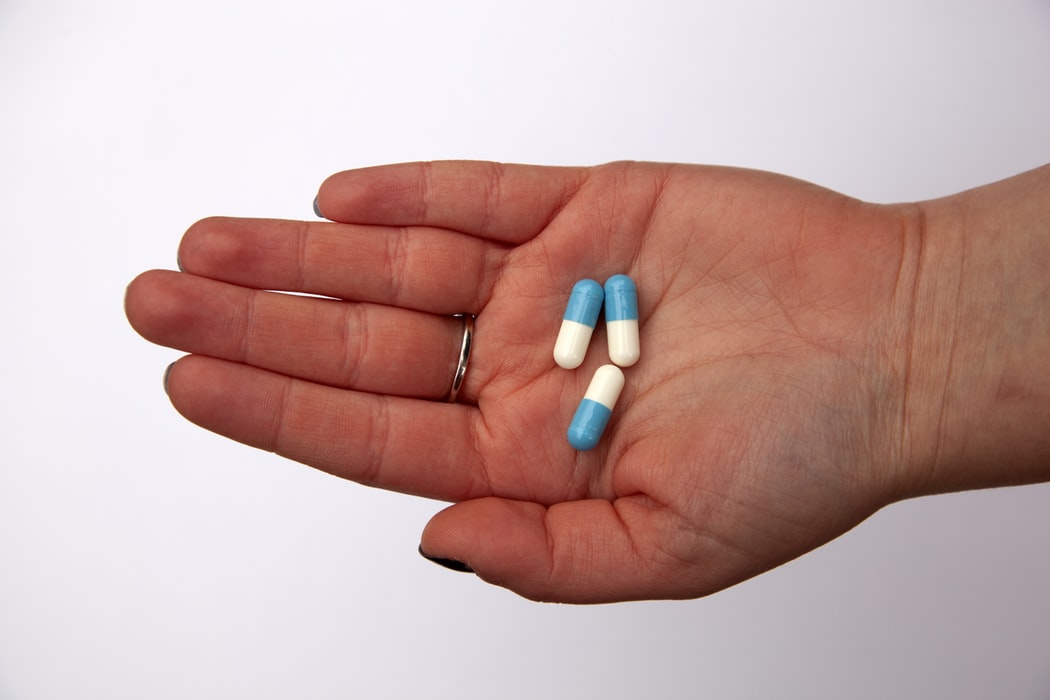Advancements in medical treatments in recent decades have allowed for many of us to lead longer, healthier lives.
But we’ve also become a society which seems to think that there is a pill for anything that ails us – and medications have become increasingly overused.
This is especially true for medications that some people take when totally unnecessary – and it’s especially dangerous for our children.
We’ve all heard of antibiotic resistance. This happens when antibiotics are used incorrectly or inappropriately.
And what’s really scary is that many parents demand their child be prescribed antibiotics due to an outdated belief that they are a “cure-all” – or, worse, that even medical professionals prescribe them inappropriately.
A recent study reported on by U.S. News and World Report found something shocking.
In hospitals, where we trust that doctors know exactly how to treat our children when they are sick, one-quarter of children are given antibiotics inappropriately.
So what does that mean?
It may be that the most effective antibiotic for a particular illness was not prescribed, that the prescribed dosage was not accurate, or that antibiotics were prescribed when they were completely unnecessary.
The data on inappropriate antibiotic use in our children is bad enough, but the study found that antibiotic use in adults is inappropriate up to 50 percent of the time.
These statistics are a major reason that antibiotic resistance is growing every year – and it’s especially dangerous for children.
In fact, the Centers for Disease Control has called antibiotic resistance one of the world’s most crucial public health problems.
It can be of even greater concern in developing countries, due to the fact that health care providers may not have access to the same diagnostic tools or up-to-date information as more developed nations.
The study was conducted with a pool of 12,000 children from over 30 children’s hospitals in the U.S. in which at least one antibiotic was prescribed per child.
Of the 25 percent who were prescribed antibiotics, a quarter of those children were given the wrong antibiotic. Others were given antibiotics longer than needed, not given the most effective antibiotic, or were given them when completely unneeded (more than 10 percent of the children studied).
The most common infections in which antibiotics were inappropriately prescribed in children were those of the respiratory tract – illnesses that are quite common this time of year at the end of winter.
The researchers hope the study will help determine in which areas medical training and further research can help improve how and why antibiotics are prescribed.
Until that time, parents – as always – can be the first line of defense by educating themselves on the proper need and use of antibiotics.
Sometimes, parents pressure their pediatricians into prescribing antibiotics – and pediatricians relent.
Sometimes, a doctor may want to start a child on antibiotics before having all test results back if they suspect an illness is bacterial, rather than viral.
And other times, patients are just plain misdiagnosed and end up unnecessarily taking antibiotics.
This, combined with patients taking antibiotics improperly – skipping doses, sharing another family member’s antibiotics, or not completely finishing the prescription – can also lead to antibiotic resistance.
Although it can be frustrating to go to the pediatrician when your child is ill and have them tell you it’s just a virus that must run its course, it is important that we not push for antibiotic prescriptions.
Many parents are aware of the dangers and prefer to wait to start an antibiotic until all test results are in – this can be a couple of days if cultures for bacterial illnesses like strep throat must be sent out.
It is crucial to follow exactly what your pediatrician recommends when you do receive a prescription for antibiotics.
Never stop giving your child antibiotics just because they feel better, or the infection can come back full-force.
Many people make the mistake of discontinuing their prescription when symptoms improve and then saving the leftovers and self-prescribing the next time they think they have an infection.
Common-sense hygiene habits are the best medicine – frequent hand washing, keeping kids away from anyone who is sick, keeping them home from school when ill, and teaching them how to avoid spreading germs to others.
Above all, only use antibiotics when absolutely necessary. Do your own research and strictly follow the directions of your physician and pharmacist.

